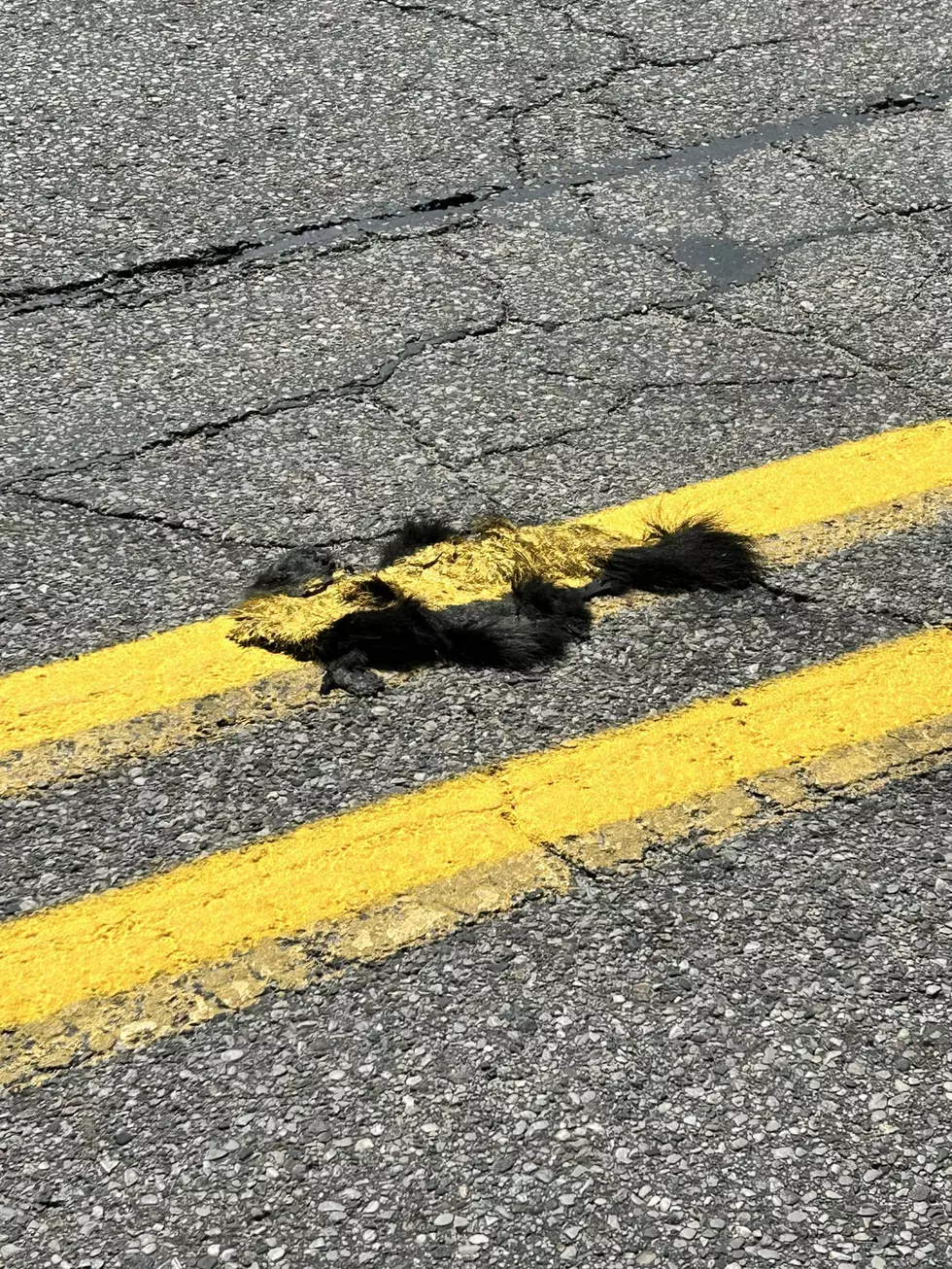
Grand Rapids Lands On the List of “Top 50 Rattiest Cities” in America
Grand Rapids and West Michigan lands on a lot of good lists throughout the year, most recently we topped the list of “Best City For First-Time Home Buyers”. So it’s only natural that we have to show up on a bad list as well.
Orkin, the pest control company, recently released their annual list of the “Top 50 Rattiest Cities” in America, and sadly Grand Rapids landed on that list.
Fortunately, we’re not in the Top 10 or Top 25, but when you think of how many cities there are, to land in the Top 50 is a bit unnerving. Chicago tops the list for the 6th year in a row, while fellow Michigan city Detroit takes the 6th spot, and Flint takes number 42. We, Grand Rapids, sadly land right in between our fellow mitten cities at number 29.
The good news is that Columbus, Cincinnati, and Cleveland all land higher on the list, so as always, at least we’re not Ohio.
The rankings were based only on the number of rodent treatments that Orkin performed in these cities between September 1, 2019, through August 31, 2021.
The Orkin website says that because of the pandemic, rats have been looking in new places for food and have shown signs of aggression, as our routines as a society have changed with the coronavirus, including fewer restaurants being open and throwing stuff away in dumpsters. This means more businesses and homes have seen an increase in rats running around this year, which scares me to death.
The good news, just like with mice, there’s stuff you can do, especially as the weather starts getting cold, to keep the rats out.
Some of the tips form the Orkin website include:
- Do not leave out food. Small crumbs and garbage are popular food sources, as are dry goods such as grains and cereals. These should be kept in sealed metal or glass containers to prevent contamination.
- Avoid cluttered spaces. Cardboard objects prove attractive to rodents, as they tend to chew them up for use in their nests. Take advantage of your extra time at home to clean and organize crowded spaces around the house.
- Do not let the landscaping run wild. Tall grass with adequate harborages, such as woodpiles next to the house, can be ideal habitats for rodents. Tree branches in contact with homes can also offer rodents easy access to the upper levels of your home where they may find a way into the attic.
- Inspect both inside and outside your home for rodent droppings, burrows and rub marks along baseboards and walls. The more quickly rodents are detected, the better.
- Look for possible entry points outside your home and seal cracks and holes if any are found. Install weather strips around entryways, especially under doors, to help block rodents from sneaking inside.
UP NEXT: Check Out These 10 Amazing Pictures of Michigan As Seen From Space
More From Mix 95.7









